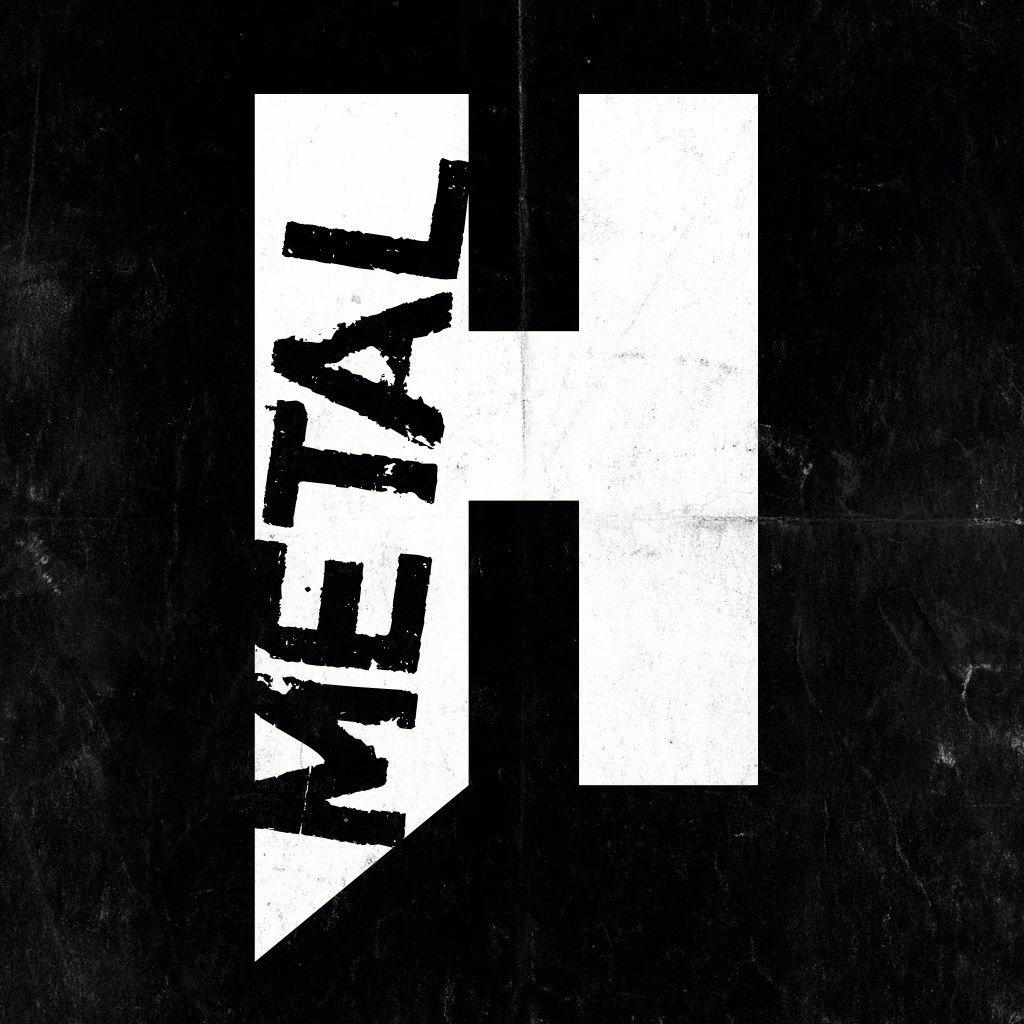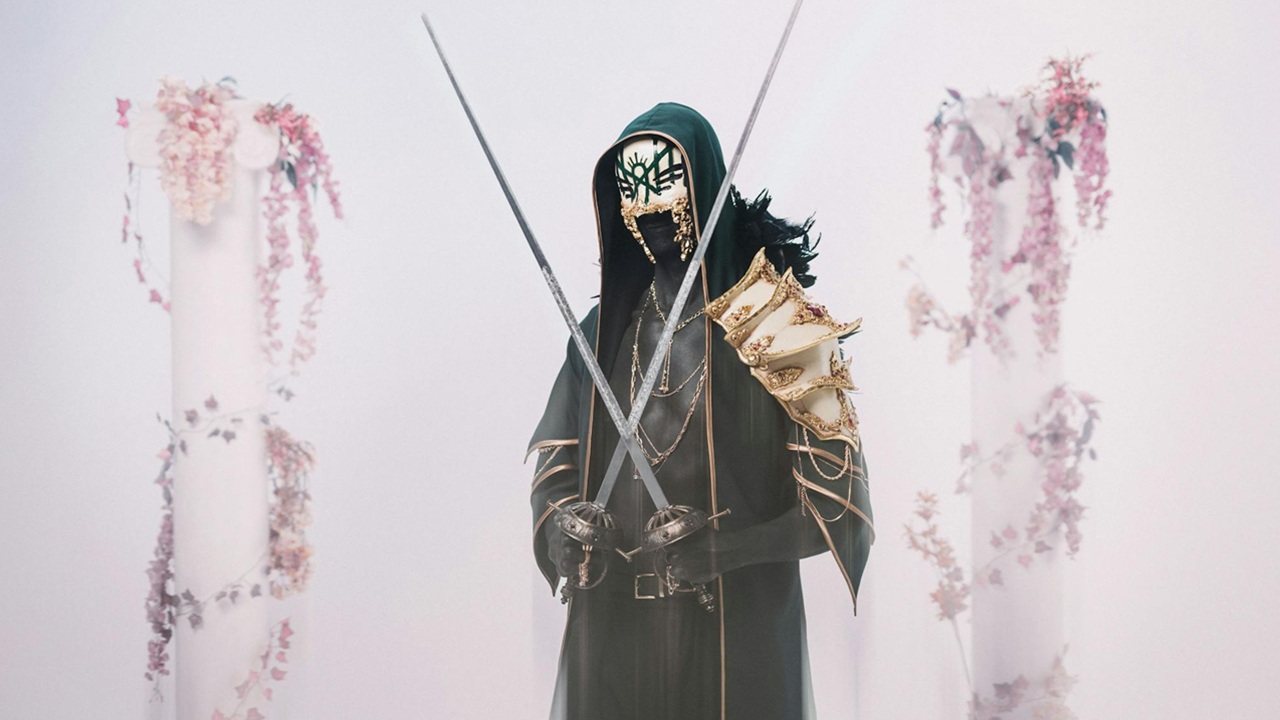Lords of the riff: The greatest metal guitarists of all time
We spoke to modern-day axemasters Zakk Wylde, Phil Demmel, Matt Heafy and Gus G to find out who the lords of the riff really are
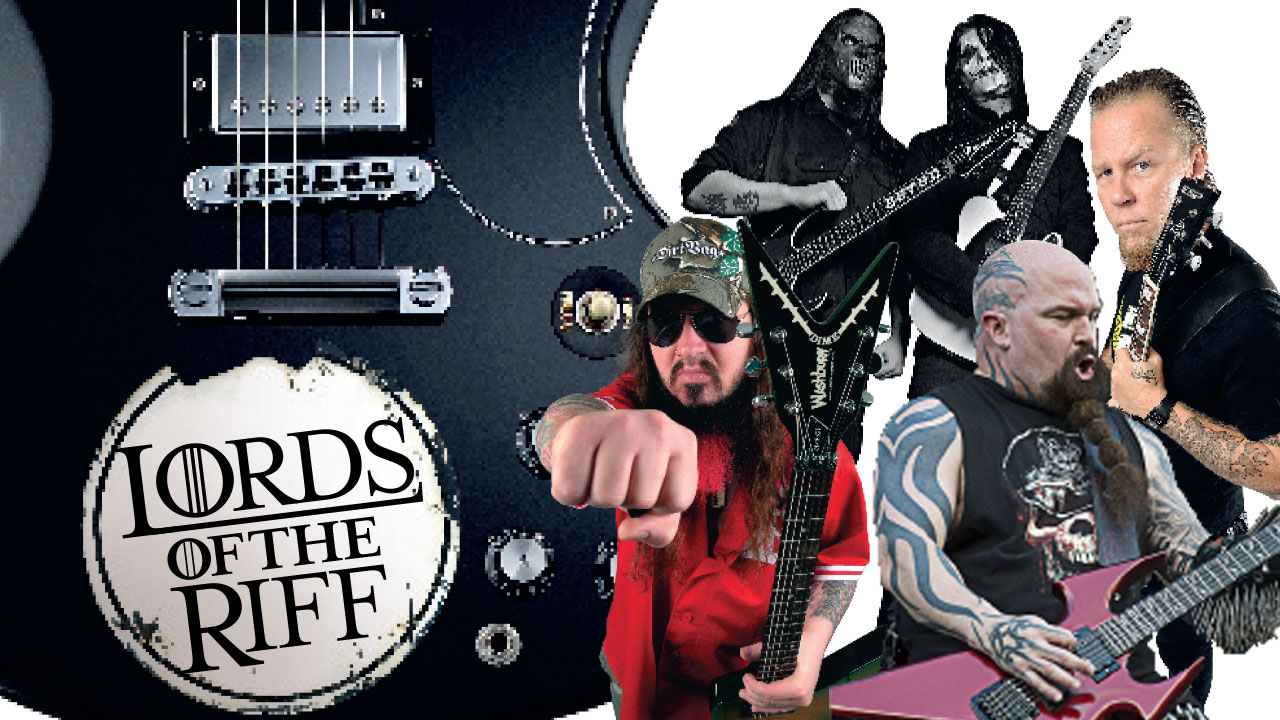
Heavy metal as a genre can be attributed primarily to Black Sabbath and their 1970 self- titled debut album, but the seeds of our beloved music and culture were sown much earlier.
Thanks to guitar manufacturers and designers like Les Paul and George Beauchamp, the electric guitar emerged during the 1930s and revolutionised the way that music sounded, injecting presence and volume into the blues and paving the way for the birth of rock’n’roll a decade or two later.
While the evolution of the electric guitar got the ball rolling, the success and enduring appeal of heavy music can be linked directly to those obscenely talented figures – from Jimi Hendrix and Jimmy Page to Tony Iommi and Ritchie Blackmore – who took the instrument and harnessed its power, composing and performing the music that would provide heavy metal with its sonic core and the building blocks of everything that has followed since: the riff, the solo, the song.
Even though credit must be given to the drummers, bassists, singers and keyboard players who have contributed to metal’s development, it’s the electric guitar that represents the soul of heavy metal as a life-affirming musical force.
So much of metal’s musical vocabulary was dreamt up and delivered with style during the genre’s formative years in the 70s, when Iommi penned all those ageless, monumental riffs that have influenced every metal band that followed, but it was during the 80s that the art of playing metal guitar was truly defined and taken to new heights of artistry.
Both armed with a brace of six-string wizards that set the standard for rhythm and lead playing, not to mention the harmonised melodies that formed such a huge part of their respective sounds, Judas Priest and Iron Maiden remain the definitive metal bands for many people. By combining an astute understanding of the genre’s roots with enthusiasm for innovation, they pushed metal forward, adding new elements to its vocabulary while never forgetting that the songs remained the most important thing.
The immortal partnerships between KK Downing and Glenn Tipton of Priest and Dave Murray and Adrian Smith of Maiden served to emphasise that, despite both bands having extremely charismatic frontmen, heavy metal is one genre where guitarists are expected to be every bit as flamboyant and mesmerising as their vocal counterparts.
Metal Hammer Newsletter
Sign up below to get the latest from Metal Hammer, plus exclusive special offers, direct to your inbox!
That’s what makes a great metal guitarist: through the mastery of technique, the honing of songwriting chops and the ability to command the attention of everyone in the audience, the greatest guitar players are larger-than-life heroes, inspiring thousands to pick up the instrument, thus ensuring that the future will produce plenty of new heroes to perpetuate the metal legacy anew.
Metal is not a style of music that any idiot can master by plugging in and thrashing wildly away. There is a lot of hard work and discipline involved in mastering the myriad techniques and tricks that are essential weapons in the greats’ musical arsenal.
Often overlooked but fundamental to metal’s power is the art of rhythm guitar and the ability to write crushing riffs that compel a crowd to bang their heads and surrender to the exhilarating, floor-shaking clangour.
The thrash era provided us with arguably the finest rhythm guitar players of all: from Metallica’s James Hetfield to Anthrax’s Scott Ian and beyond, thrash was not just about taking traditional metal and imbuing it with a touch of punk rock speed and belligerence.
Thrash was about precision, power and pushing metal to the limits of human capability, and albums like Metallica’s Master Of Puppets and Megadeth’s Peace Sells… But Who’s Buying?, with their razor- sharp structures and brutally executed grooves, redefined what guitarists would be expected to do from then on.
The 90s, too, were a period of mould-shattering forward momentum, with everyone from Fear Factory’s Dino Cazares and Machine Head’s Robb Flynn to Munky from Korn and Slipknot’s Jim Root and Mick Thomson devising new ways to batter metal- heads into submission with riffs of muscular enormity and blazing intensity.
Of course, metal wouldn’t be the same without its fret- melting masters of the guitar solo. There is a lot to be said for guitarists who favour feel and soul over technique, but the true greats have nailed both.
Whether you’re a fan of arch technicians like Yngwie J. Malmsteen and Dream Theater’s John Petrucci or primal talents like the late, great Dimebag and the mercurial Zakk Wylde, the impact of a great guitar solo shouldn’t be underestimated.
The skill and craft involved in writing a solo that fits perfectly with the thunderous riffs underneath it and that adds to the potency of the song is a huge challenge for any lead guitarist, but metal offers an embarrassment of riches in terms of how many insanely dextrous musicians it’s produced over the years.
So here it is – our 20 greatest guitar players of our world. These are trailblazing heroes with the spirit of metal flowing through their fingers and we salute them all. Listen to them play, learn from their brilliance and then go and make your own earth-shattering music. Plug it in. Play it loud. Let the metal flow!
We sat down with four modern-day axemasters – Zakk Wylde, Phil Demmel, Matt Heafy and Gus G – to find out exactly what makes these players so groundbreaking, inspirational, unique and, above all else, metal.

20. Brent Hinds & Bill Kelliher, Mastodon
Phil Demmel: “I’m a massive fan of what these guys do. Brent is a fucking lunatic but he plays the shit out of his guitar. He’s got that quality that Dimebag Darrell had, where he could be totally out of it or unconscious and yet still get on stage and play the crazy things that Mastodon do.
"Like Mikael Åkerfeldt from Opeth, Brent and Bill are really pushing the boundaries of metal – yeah, they play with all the heavy bands,but they’re so proggy. I can’t wrap my head around some of those time signatures but they are just so essential to what you can get within hard rock and metal these days.”
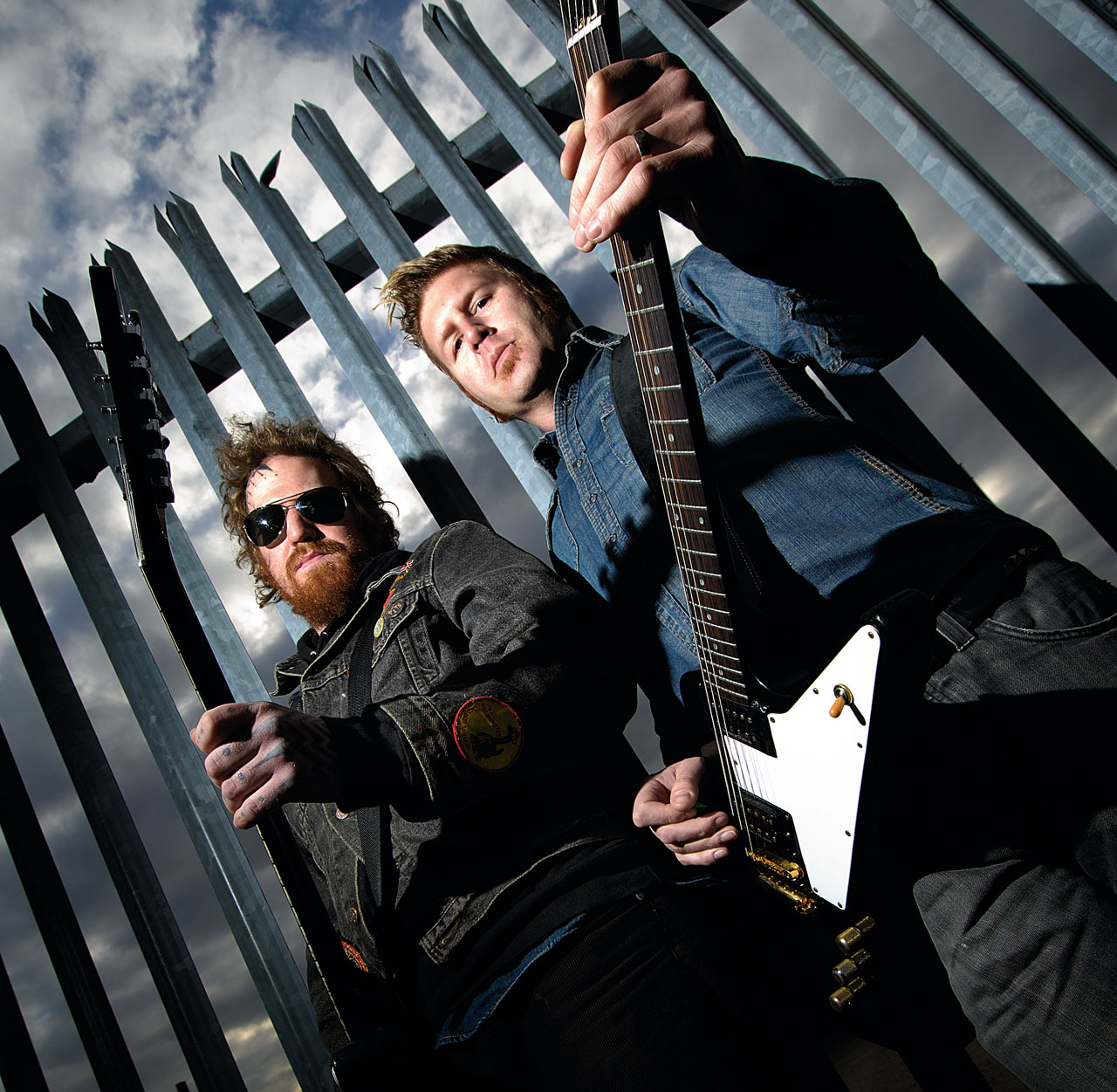
19. Mark Morton & Willie Adler, Lamb of God (ex and current, respectively)
Phil Demmel: “I think Mark is one of the most underrated players around. If you listen to some of the later Lamb Of God records, he’s completely burning his way up and down the neck. He writes so many awesome riffs and lyrics for one of the biggest heavy metal bands in the world.
"Willie is the crazy riff guy – he holds his pick in this weird way like Jeff Hanneman, and the two guitarists complement each other so well. The 11th Hour riff has got be one of my favourite metal riffs ever written, it’s just so fucking heavy and brutal.”
18. Pepper Keenan & Kirk Windstein, Down
Zakk Wylde “I’m good friends with both of those crazy bastards! What Kirk has done with Crowbar is totally slammin’ and I’ve always loved what Pepper’s done too – he’s got an amazing voice and I love all the COC stuff.
"They both play with tons of soul and between them they have all the classic ingredients: Sabbath, Zeppelin, Priest – all the grade-A top choice influences. They have all the pinches of the best classic rock flavours and you know what? It always tastes good.”
17. Chuck Schuldiner, Death
Matt Heafy :“Chuck Schuldiner went to the high school that was only 20 minutes away from me. Death broke down the boundaries of what death metal could be. Everything about Death reached so much further than death metal. Chuck’s vocals had his own shrieky uniqueness.
"The Sound Of Perseverance was the first Death record I ever heard and I couldn’t believe the time changes and weird keys. That generation of guitarists from the 90s need to get recognition. Death is an absolutely huge deal for Trivium. The Symbolic album was a big influence on us when we wrote Ascendancy. There’s a lot of Death in our sound.”
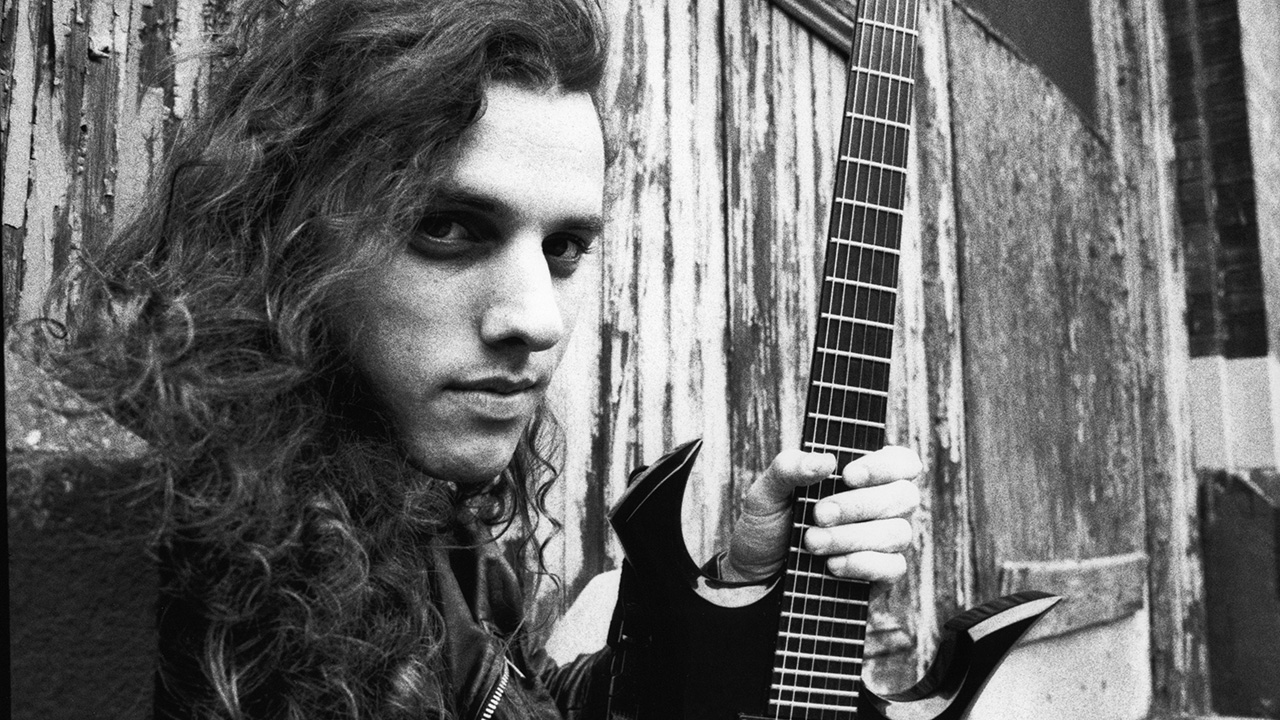
16. Ihsahn, Emperor
Matt Heafy “I’m proud to say that Ihsahn and I recently became buddies and we’ve been exchanging art ideas and emailing back and forth. He comes from a musical background that I have so much respect for. He’s one of my all-time heroes. I’m very passionate about black metal. I don’t think there are any words that can express how I feel about his new album, Eremita.
"To me it does everything that I love about Emperor and takes the mindset of what black metal was and has rewritten it. He’s taken it to new heights again. All those things, the eight-string guitars and the saxophone and the vocal layering, are so groundbreaking. Emperor were always one step ahead of everyone else and Ihsahn did it all right. He’s a real genius and a truly amazing guitar player.”
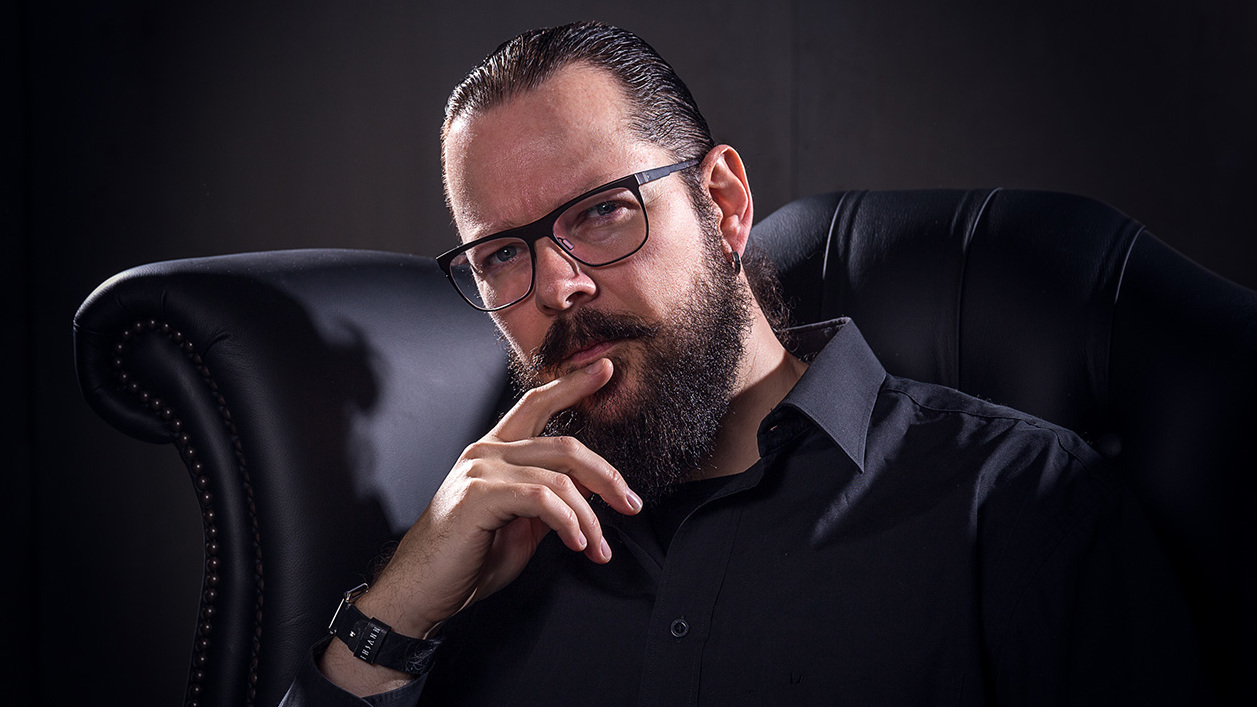
15. Scott Ian, Anthrax
Matt Heafy: “He’s one monster rhythm guitar player. He built the sound of Anthrax. He’s revered as a top guitarist and yet he’s purely a rhythm guitarist. He’ll play a couple of melodies here and there but essentially his rhythm guitar playing has become his staple sound. When he plays, it sounds like him.
"You can hear that in the greats, but a lot of people nowadays don’t have that distinctive personality in their playing. He’s a lot like Hetfield, in that he writes these incredibly heavy, down-picked man riffs. I absolutely love that.”
14. Alex Skolnick & Eric Peterson, Testament
Phil Demmel: “I roadied for Testament back in the day, when they were still called Legacy! I used to drive them around in my parents’ van. Alex must have only been 15 years old, and I’ve seen him grow into this amazing guitar player and he’s one of my favourite metal soloists.
"He plays the good kinda shred with all the Paganini and Bach notes, like Yngwie Malmsteen did, but instead of constant crazy arpeggios all over the place, he’s so tasty and bluesy. Eric has an awesome picking hand, writes killer riffs and he’s became a decent lead player over the years, too.”
13. Mikael Åkerfeldt, Opeth
Matt Heafy: “Mikael Åkerfeldt is another one of my all-time heroes. Blackwater Park changed music and changed metal for me. It’s one of my top 10 albums, from any genre. The same way I feel about Ihsahn, Opeth created their own sound by putting things together that really shouldn’t work and they made it all work perfectly.
"Everything they’ve done has been amazing. Obviously we don’t sound like Opeth, but Mikael’s guitar playing and songwriting have been a huge influence on me. Mikael showed me that you can combine the most extreme death metal elements and the most beautiful, clean melodic parts. He’s another genius.”
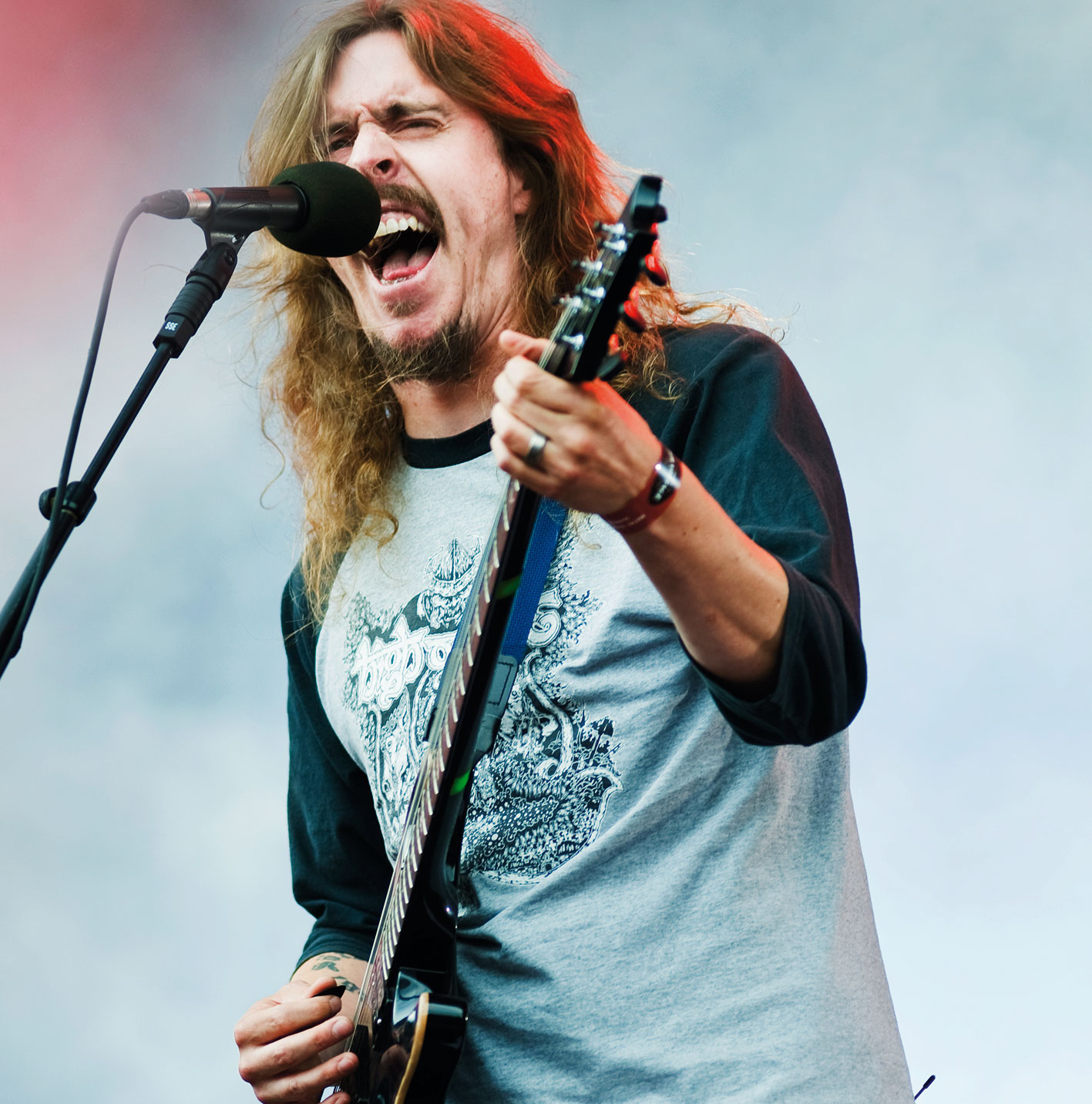
12. John Petrucci, Dream Theater
Matt Heafy: “He takes well-rounded to a whole new level. He understands music completely, inside and out. He can sight-read, he can improvise, he can tell you what’s happening theoretically or thematically in a song from any style.
"We did a tour with them and he gave me three lessons, and since that tour I’ve become a better lead guitar player than I’ve ever been. I practise two hours a day now. He taught me some exercises. He even gave me a guitar on the last day of the tour and I almost started crying!”
11. Mick Thomson & Jim Root, Slipknot
Matt Heafy: “Throughout middle school, when that debut self-titled album came out, I used to hide my headphones under my long hair and listen to Slipknot in class all day long. Slipknot took what death metal was doing and mixed it with elements of what was going on in the late 90s.
"They were really important to me when I was growing up. Slipknot forged the way for extreme types of metal by reaching the masses, letting them know that it’s a major part of culture and really spreading the word.
"They have this dirty and angry sound but still manage to remain technically proficient in their sound – and both Jim and Mick are fundamental to that. They’re really identifiable guitarists that have unique sounds which really complement each other.
"Slipknot are one of the most intense bands ever, even more intense than most extreme metal – which says a lot. And you know what? They paved the way for bands like us to exist.”
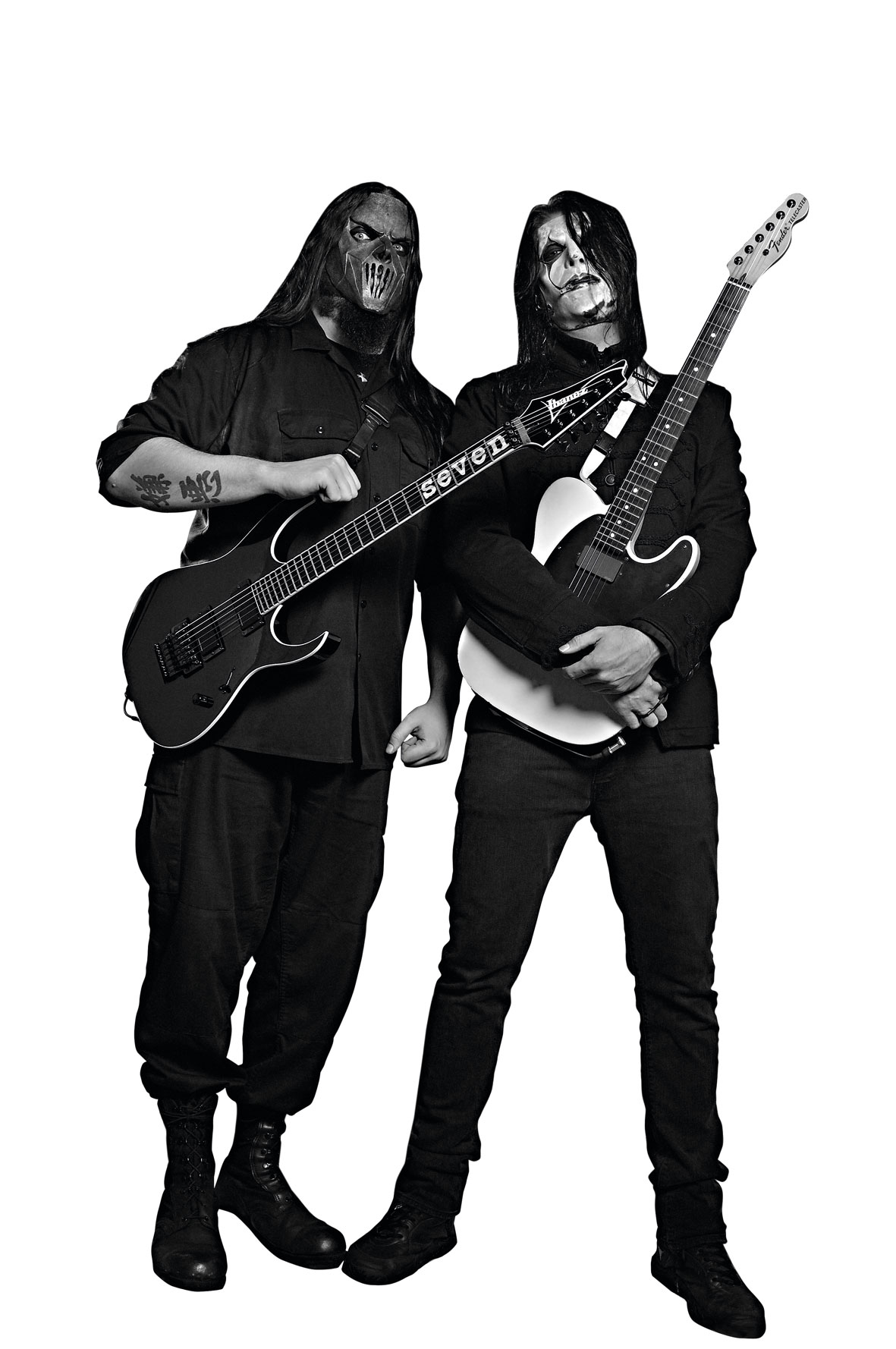
Current page: 20 greatest metal guitarists of all time
Next Page 10 greatest metal guitarists of all timeFounded in 1983, Metal Hammer is the global home of all things heavy. We have breaking news, exclusive interviews with the biggest bands and names in metal, rock, hardcore, grunge and beyond, expert reviews of the lastest releases and unrivalled insider access to metal's most exciting new scenes and movements. No matter what you're into – be it heavy metal, punk, hardcore, grunge, alternative, goth, industrial, djent or the stuff so bizarre it defies classification – you'll find it all here, backed by the best writers in our game.
